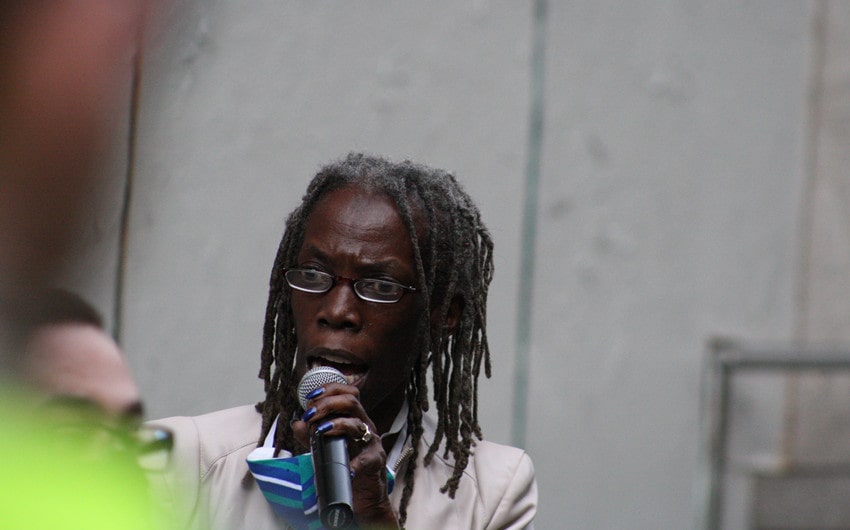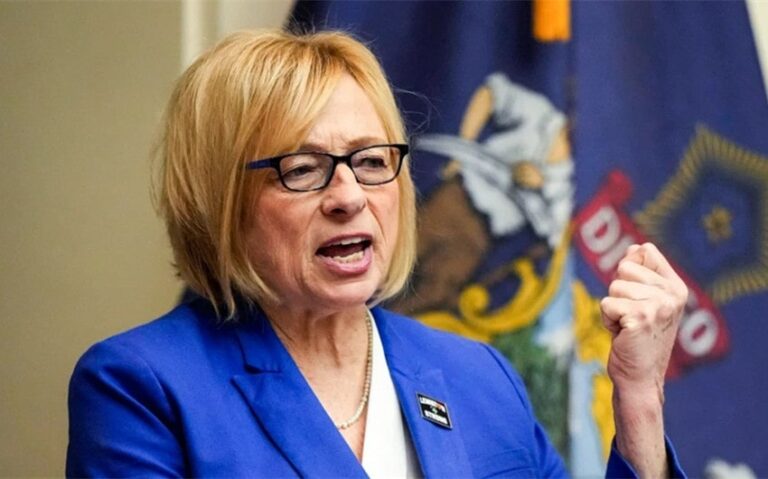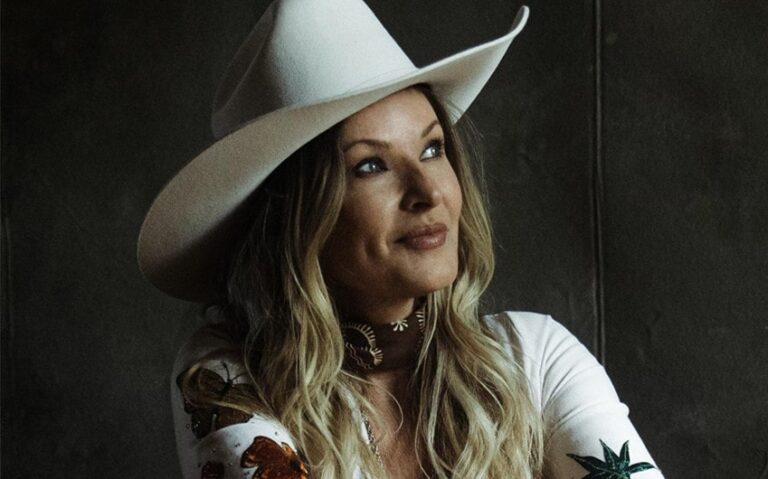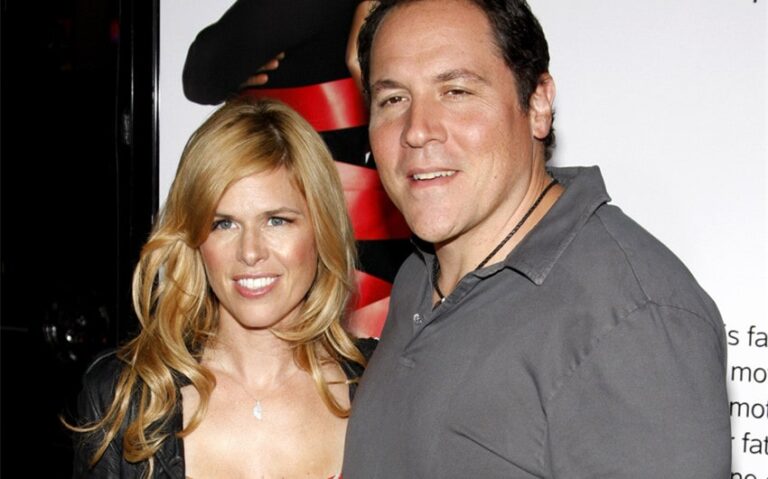Jo Ann Hardesty’s Husband: Exploring Her Personal Life and Partnerships
When people search for Jo Ann Hardesty’s husband, they often want to learn more about the personal side of one of Oregon’s most recognizable political figures. Jo Ann Hardesty, a passionate advocate for racial justice, police accountability, and community empowerment, has been a strong and sometimes controversial voice in Portland politics. While her professional achievements and activism are well documented, her personal life—including her marriages and relationships—has remained relatively private. Yet, understanding the people behind public leaders, including their spouses and support systems, can offer valuable insight into how they navigate demanding careers in the public eye.
Who Is Jo Ann Hardesty?
Before exploring the details of Jo Ann Hardesty’s husband, it helps to understand who she is and how she became such a prominent figure in Oregon politics. Born in 1957 in Baltimore, Maryland, Jo Ann Hardesty grew up in a working-class family and developed a deep sense of social justice at a young age. After graduating high school, she joined the U.S. Navy, serving six years and gaining valuable experience in leadership and service.
Her time in the Navy was formative—it gave her structure, discipline, and a firsthand understanding of how institutions function, both their strengths and their flaws. After her service, Hardesty eventually settled in Oregon, where she became involved in local activism, focusing on equity, public safety, and civil rights.
Her political career began in the Oregon House of Representatives, where she served from 1995 to 2001 as a member of the Democratic Party. Later, she made history in 2018 when she was elected to the Portland City Council, becoming the first Black woman to hold that position. Over the years, Hardesty has built a reputation for speaking boldly on difficult issues such as homelessness, police reform, and racial inequality.
However, while her public life has been extensively covered by the media, her personal life—including details about her marriage and family—has largely remained outside the spotlight.
Marriages and Partnerships: The Husband(s) of Jo Ann Hardesty
The story of Jo Ann Hardesty’s husband is a complex and evolving one, with two known marriages in her life. Her first known marriage was to Skip Elliott Bowman in 1995. Bowman was a supportive partner during her early years in politics, and their marriage coincided with her time in the Oregon legislature. However, as Hardesty’s political ambitions and activism grew, their marriage faced challenges that eventually led to divorce in 2008.
In 2011, Jo Ann married her second husband, Roger David Hardesty. The shared last name might lead some to assume coincidence, but Roger was indeed her spouse and partner during one of the most dynamic phases of her life. Though not much is publicly available about Roger’s personal or professional background, it is clear that their marriage represented a new chapter for Jo Ann.
There is little public record about the nature of their relationship, as both appear to value privacy, keeping their family life separate from politics. Unlike some political figures who prominently feature their spouses, Hardesty’s approach has always been to maintain a clear boundary between her public and private worlds.
The limited details available suggest that Jo Ann and Roger’s marriage was built on shared values of social justice, civic responsibility, and community engagement. The two reportedly shared an interest in improving public systems and supporting causes that uplift marginalized communities.
The Role of Her Husband in Her Life and Career
In many ways, Jo Ann Hardesty’s husband played an important role as a stabilizing force in her life, even as she took on increasingly demanding public roles. Life in politics is not easy—especially for women of color who must navigate both systemic barriers and public scrutiny. Having a partner who understands the pressures of political life and supports one’s mission can make a profound difference.
Though Roger Hardesty has remained largely out of the public eye, it is evident that Jo Ann’s relationships—both past and present—have shaped her ability to stay resilient in challenging times. Her experiences with marriage and partnership seem to have influenced her broader outlook on collaboration and empathy, two traits that define her approach to public service.
Jo Ann Hardesty often speaks about the importance of community, compassion, and understanding in leadership. These same qualities likely extend into her personal relationships, reflecting the same principles she applies to her work in government.
What We Know About Her Husband Personally
Unlike his wife, Roger Hardesty is not a public figure. Few details about his career or background are available, and it seems he prefers to live quietly and outside of the political spotlight. What is known is that the couple’s shared commitment to community engagement aligned well with Jo Ann’s lifelong dedication to service.
As for her first husband, Skip Elliott Bowman, there is similarly limited public information. However, their marriage coincided with the period when Jo Ann was developing her political career in the Oregon legislature, a time that undoubtedly came with challenges and growing pains. While their union ended in divorce, it’s clear that the experiences from that relationship contributed to Hardesty’s evolution as both a person and a leader.
It’s worth noting that Jo Ann Hardesty’s decision to keep her family life private is a conscious one. In an age when personal details of politicians are often scrutinized or weaponized, her boundaries reflect a desire to protect her loved ones and keep the public focus on her policies rather than her personal relationships.
The Intersection of Personal and Public Life
Understanding Jo Ann Hardesty’s husband also invites a broader discussion about how personal relationships intersect with political careers. For women in politics—especially women of color—the line between public and private life can be particularly difficult to maintain. Hardesty’s ability to compartmentalize her professional responsibilities from her personal relationships demonstrates her discipline and focus.
Her relationships, while private, likely offered moments of grounding amid the chaos of public service. In interviews, Jo Ann has emphasized the importance of community and connection in sustaining long-term advocacy work. Though she does not discuss her marriage publicly, one can infer that the same interpersonal skills that make her an effective leader—empathy, listening, and resolve—also play an important role in her personal partnerships.






